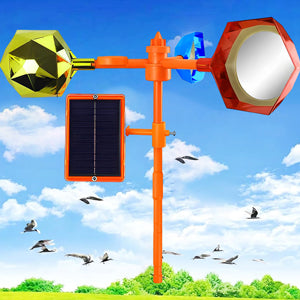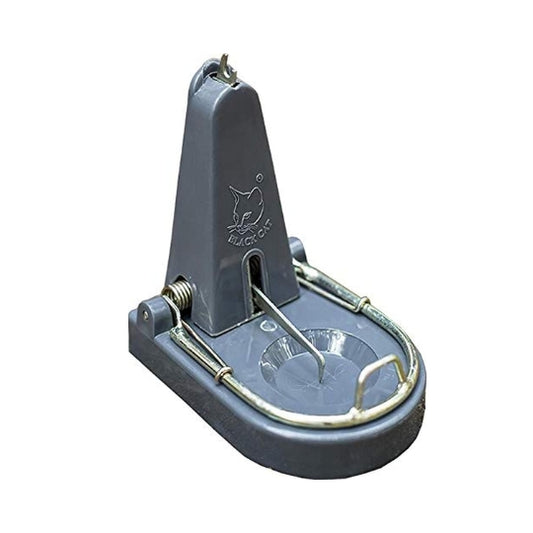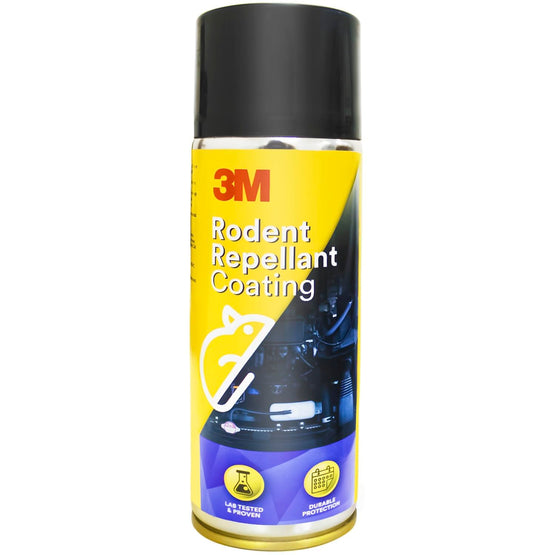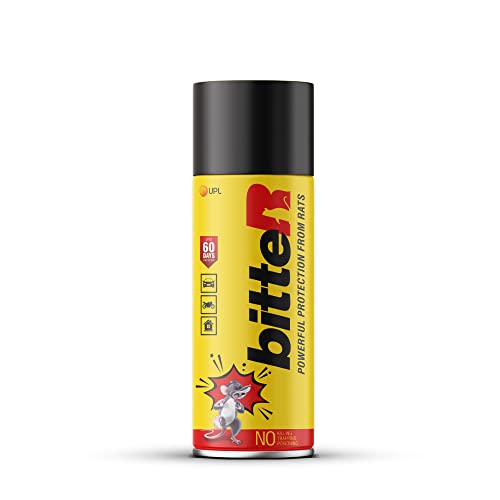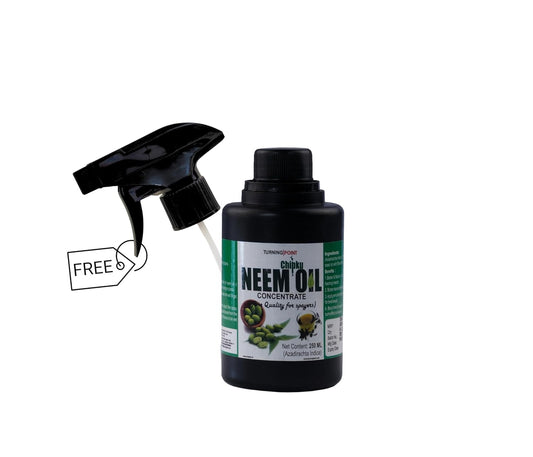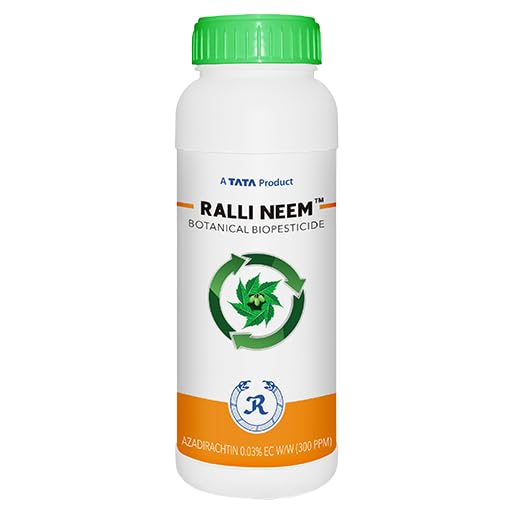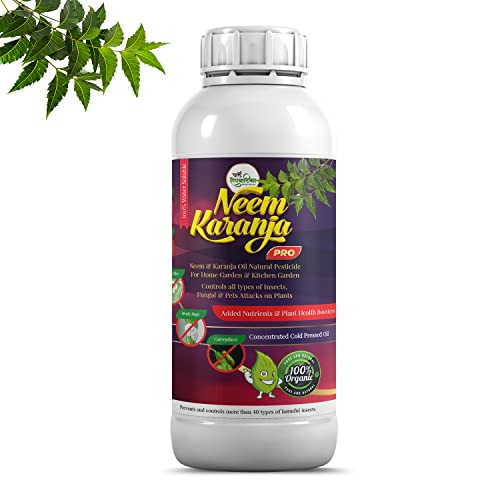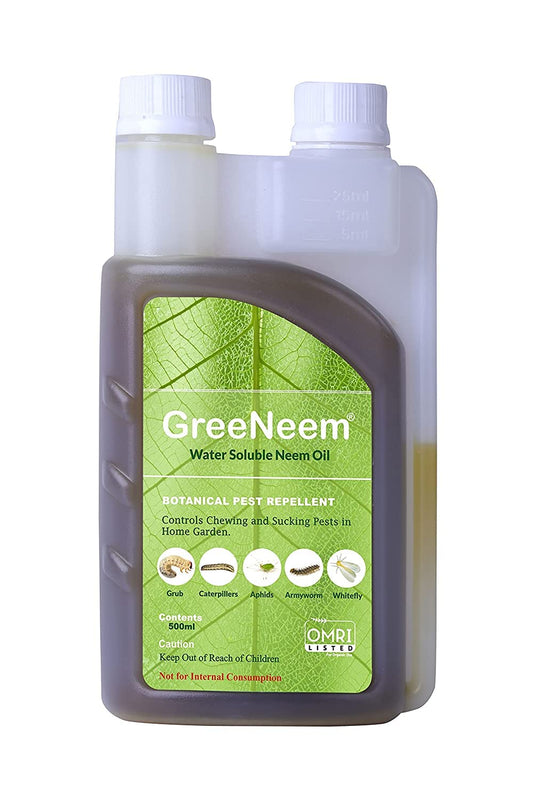Safe, sound, eco-friendly dual herbicide for paddy from the house of Dow Agrosciences
Share
Weeds are a major problem in paddy fields. They compete with the rice crop for water, nutrients, and sunlight, and can reduce yields by up to 50%. There are a number of ways to control weeds in paddy fields, including:
- Hand weeding: This is the most labor-intensive method, but it is also the most effective.
- Mechanical weeding: This can be done using a variety of machines, such as a rotary hoe or a weeder.
- Chemical weeding: This involves using herbicides to kill the weeds.
Herbicides are the most common method of weed control in paddy fields. There are a number of different herbicides available, and the best one to use will depend on the specific weeds that are present in the field.
Almix is a pre- and post-emergent herbicide that is effective in controlling a wide range of broadleaf weeds and sedges in paddy fields. It works through both contact and residual soil activity, which means that it kills the weeds both when it comes into contact with them and when it is absorbed by the soil. Almix is also not prone to volatilization, so it does not harm adjacent crops.
It contains Metsulfuron methyl 10% + Chlorimuron ethyl 10%
To use Almix, it is important to read the label carefully and follow the instructions. The herbicide should be applied to the field when the weeds are small and actively growing. It is also important to water the field well after application.
By using effective herbicides such as Almix, farmers can control weeds in paddy fields and improve crop yields.
Here are some additional tips for using Almix:
- Apply Almix when the weeds are small and actively growing.
- Water the field well after application.
- Do not apply Almix to wet soil.
- Do not apply Almix to windy days.
- Dispose of empty containers properly.
By following these tips, you can use Almix safely and effectively to control weeds in your paddy field


